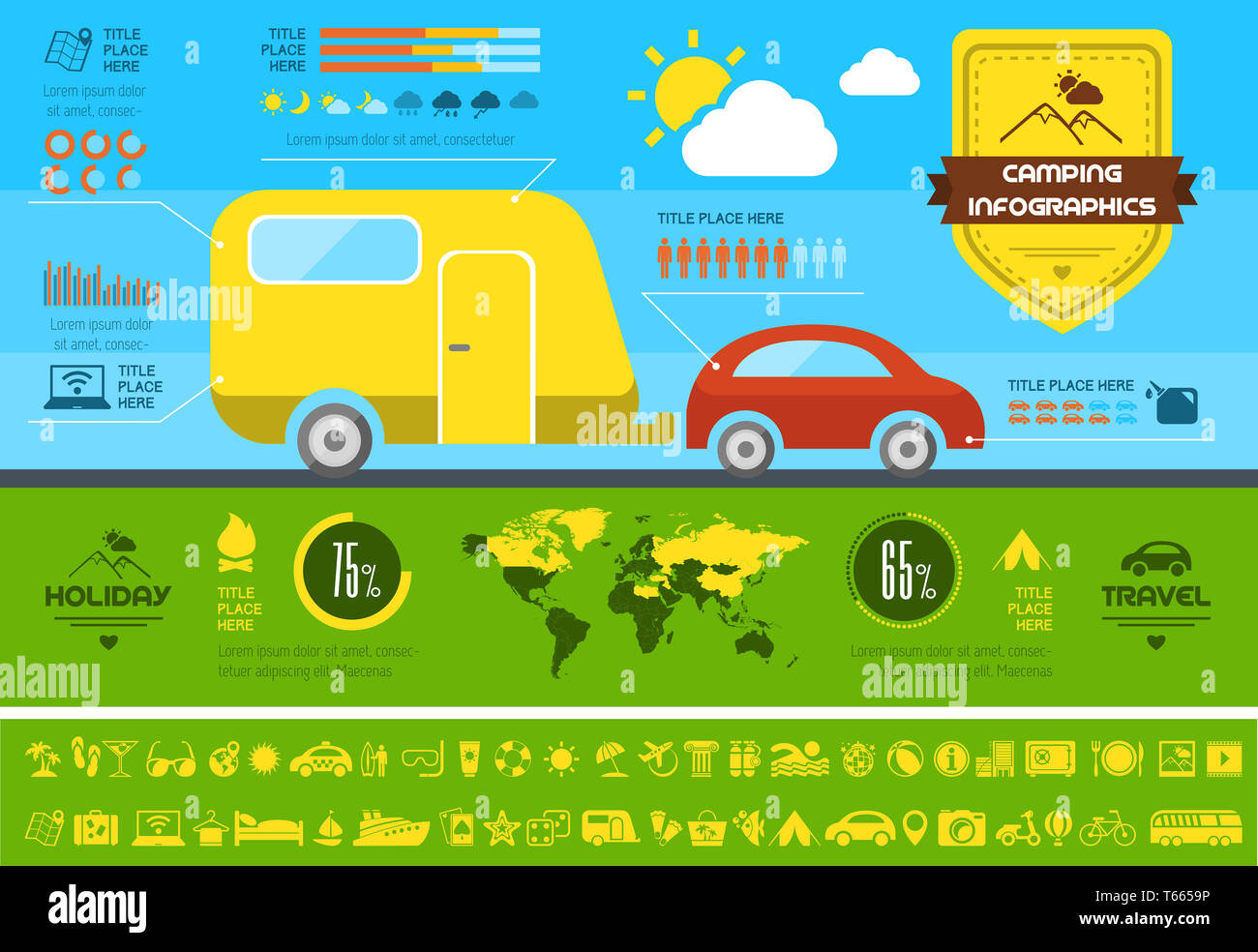Safe and enjoyable outdoor camping trips are feasible for the whole family when everybody follows standard security standards. Instruct children to respect wildlife and all-natural things, constantly maintain a first-aid package with a lot of melt lotion handy, and be planned for unforeseen circumstances by investigating the camping area, weather condition patterns, and geographical functions.
Do canvas tents need waterproofing?
Choose the Right Outdoor Tents
Parents that camp know that the appropriate camping tent can make or break an outdoor camping trip. The camping tent you choose need to be durable enough to hold up against the rough therapy that youngsters and pets can provide. It needs to likewise be very easy to set up, with attributes like color-coded poles and quick-clip systems.
You need to also take into consideration the size and ability of the tent you wish to buy. Try to find a floor area and optimal height that can suit the number of individuals in your family, plus additional room to decrease crowding or claustrophobia.
When picking a campground, study the area for risks, such as animal burrows, dangerous plants and rocky drop-offs. It's likewise a good idea to pick a site that provides some kind of safety functions, such as border fencing and nighttime camping site patrols.
Tent Configuration
When setting up camp, find a flat location that is big sufficient to pleasantly fit your camping tent and any other elements you're planning for, such as a fire pit. Remove any debris like sticks or stones and keep an eye out for prospective risks, such as sloping pitches that can trigger you to roll about during the night and rain swimming pools in concave locations.
If it's windy, position your camping tent so the side with the toughest pole framework encounters the wind to decrease the possibility of it blowing through and creating injury or damage. If possible, pick a site that is also protected by natural obstacles to reduce wind and rainfall dangers. You may likewise want to set a tarp slightly smaller sized than your tent flooring to keep it completely dry.
Tent Storage space
Lots of tents are designed with vents and flaps that urge air flow. Nonetheless, you ought to constantly keep combustible items like apparel and sleeping bags far from these openings to avoid fire threats. Ventilation is likewise important to minimize smoke and carbon monoxide build-up, which are major wellness risks.
Never ever sleep straight on the ground and educate youngsters to stay free from it. This stops tripping and dropping injuries, as well as insect attacks.
Educate kids to always look for dangers prior to entering their camping tents, such as loose rocks or tree arm or legs that might fall throughout a storm. It's additionally a good idea to reach the campground prior to nightfall to make setting up camp easier and safer. This additionally gives you a chance to spot any potential problems, like serpents or toxic plants.
Camping tent Climate
There are few things much more satisfying than relaxing a campfire roasting s'mores under a star-filled skies. However before you pitch your outdoor tents, make certain your family has the suitable resting equipment and recognizes how to appropriately make use of a campfire.
Tents can likewise be impacted by climate condition, such as rain and wind. Wind can change the anxiety on the luxury tents for camping tent, loosening ratchet assemblies and pulling scout of the ground. Rainfall can create camping tents to leakage.
Search for camping tents that offer great air flow and minimize condensation (wetness that naturally forms from your body's breath). Consider bringing a tarp in case of rain. And constantly leave your tent if there are lightning strikes nearby.
Camping tent Security
Camping tents that do not comply with fire and life safety and security needs are a fire danger. Additionally, storing combustible materials like wood, gas canisters, and gas within the camping tent can cause them to get too hot or perhaps blow up. To minimize these dangers, they ought to be stored outside the tent sheltered by a heavy-duty tarp.
Fire risks also emerge from incorrect usage and storage of cooktops. Stoves that aren't appropriately vented can launch carbon monoxide gas, a dangerous toxic gas.
Tent tethers and risks can produce trip threats in sidewalks and paths. To lower these dangers, occasion coordinators should think about using noticeable weights on tethers, installing secure cleats, or employing security cones around stake lines. Furthermore, they should make certain that exits are not obstructed by furnishings, camping tent walls, or other frameworks.
What's the difference between a yurt and a teepee?
